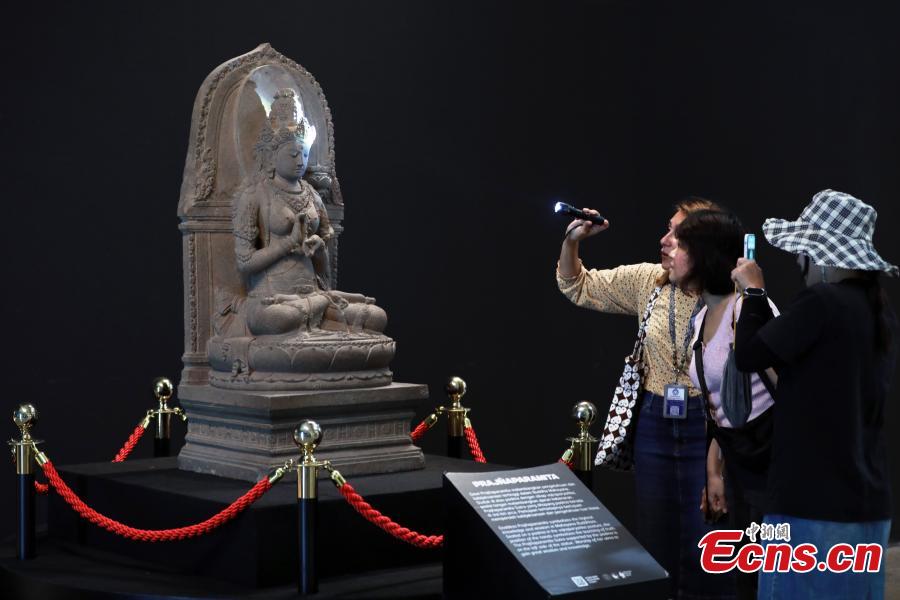
ConCourt Ruling on Parliamentary Vacancies Sparks Debate: UPND Questions the Future of Expelled MPs The United Party for National Development (UPND) has called for constitutional lawyers to weigh in on a significant ruling by the Constitutional Court (ConCourt) regarding what constitutes a parliamentary vacancy and its implications for nine expelled MPs. The party took to its official Facebook page, urging legal experts to interpret the ruling in the case Belemu Sibanze vs. Electoral Commission of Zambia and Attorney General (2024/CCZ/0017), handed down on 15 October 2024.
The ruling, which clarified several constitutional issues surrounding the process of by-elections, has prompted a broader debate on the legitimacy of the expulsion of nine MPs and the subsequent notification of vacancies by the Speaker of the National Assembly to the Electoral Commission of Zambia (ECZ). The UPND’s post specifically questioned whether the expelled MPs have any grounds to challenge their removal, especially considering that the ECZ acknowledged receipt of the Speaker’s notification of vacancies. At the heart of the Constitutional Court’s judgment is the interpretation of Article 57(1) of the Zambian Constitution, which mandates that by-elections must be held within 90 days of a vacancy being declared.
The Court clarified that once the ECZ is notified of a vacancy, the by-election process must begin immediately and be concluded within the prescribed 90-day period. Crucially, the Court emphasized that no legal proceedings, such as judicial reviews, can delay this process. The Court ruled that the only legally permissible challenge during the 90-day period is a nomination challenge, which must be resolved within the constitutional timelines.
The judgment also specified that the High Court does not have jurisdiction to interfere with the process through judicial review, thereby affirming the autonomy of the by-election process. The case arose from an application questioning whether certain legal challenges, including stays of execution, could halt or delay the by-election timeline set forth by the Constitution. The ConCourt categorically rejected this notion, stating that the law “does not contemplate any other processes being undertaken during the 90 days” and that any attempts to do so would undermine the constitutional time limits.
s The implications of this ruling are significant, particularly for the nine MPs expelled from the Patriotic Front (PF) and whose seats were declared vacant by the Speaker earlier this year. According to the ruling, the ECZ was legally obligated to begin the by-election process as soon as it received the Speaker’s notification in June 2024. Given that the 90-day period has already begun, it appears that any attempts to challenge the expulsions are effectively nullified.
This has led to a flurry of political commentary, with many questioning the motivations behind the expulsions and the Speaker’s actions. UPND, in its Facebook post, highlighted the uncertainty surrounding the future of these parliamentary seats and the potential for further legal battles. The ConCourt ruling has ignited a spirited debate on social media, with various commentators offering differing views on the matter.
Some accused the Speaker of acting out of political motivation rather than following constitutional procedures. Carlos Carlos, a commenter on the UPND Facebook post, said, “Your speaker was using emotions instead of following the constitution when declaring those seats vacant. This is what happens when you use emotions and not following the law.
Forget about those seats and concentrate on the cost of living.” Shebo Wamz Law echoed this sentiment, adding, “To start with, the Speaker erred in his ruling..
. He was politically motivated when he made that ruling and wrote to ECZ. Let’s avoid unnecessary by-elections.
” Others, however, supported the idea of moving forward with the by-elections, arguing that the ruling leaves no room for further delays. Muleka Alex commented, “By-elections must take place now so that we see how popular PF has become. We all know that UPND will carry the day.
” There was also criticism directed at the ECZ for perceived delays in setting the by-election process in motion. Sergio José Phiri said, “We should have had by-elections last month. ECZ is sleeping.
” The ConCourt ruling serves as a critical interpretation of Zambia’s constitutional provisions regarding parliamentary vacancies and by-elections. The case further underscores the separation of powers, as the Court made it clear that no other institution, including the High Court, has the authority to delay or circumvent the election process once a vacancy has been declared. On page 12 of the judgment, the Court noted that the matter came before them as part of their interpretative jurisdiction under Article 128(1)(a) of the Constitution, and that their intention was to prevent any violation of the Constitution.
The ruling specifically addressed issues related to whether an appeal without a stay of execution can affect the timeline for holding by-elections, concluding that the 90-day limit remains inviolable. This judgment is likely to set a precedent for future cases concerning parliamentary and local government vacancies, and it has sparked calls for clarity on the application of constitutional law in Zambia’s political system. As the 90-day deadline for the by-elections draws nearer, all eyes are on the ECZ to see how it will proceed.
The ConCourt ruling leaves little room for further legal maneuvering, but with political tensions high, there may be additional efforts to challenge the process in other ways. For now, it seems that the expelled MPs may have little recourse but to accept their removal and prepare for the by-election process. The UPND’s call for constitutional lawyers to interpret the ruling reflects the broader uncertainty and potential for further legal disputes as the country moves forward with these critical by-elections.
.










